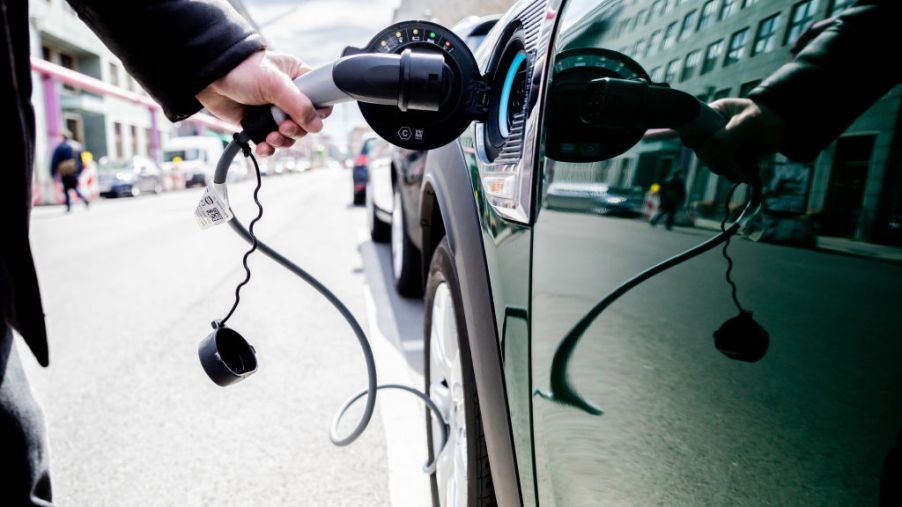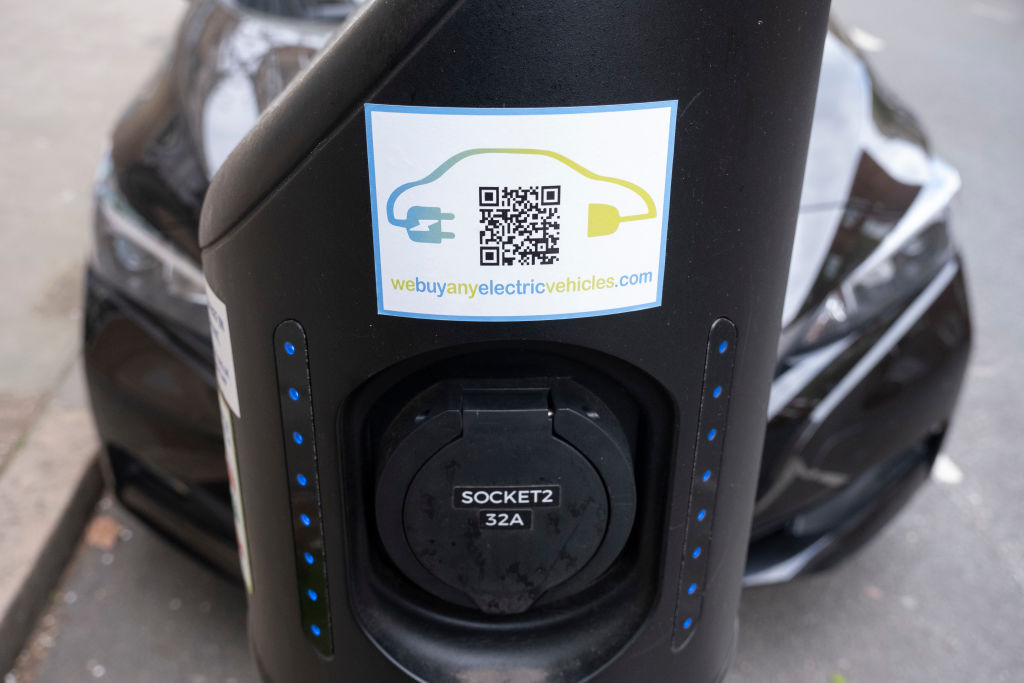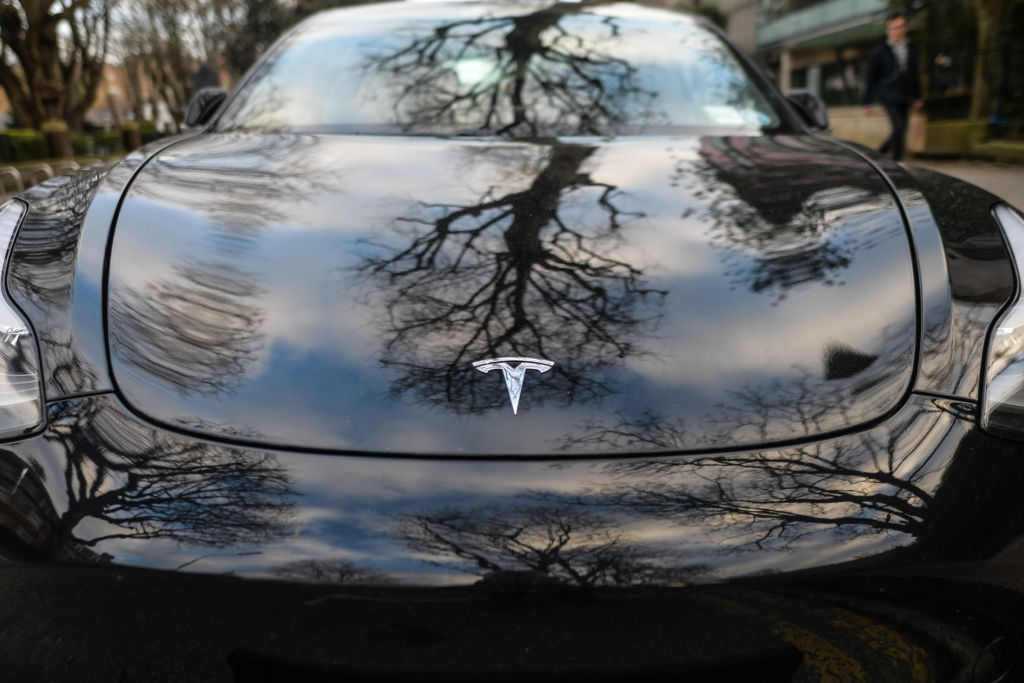
The Senate Wants to up the EV Tax Credit, Again
As of this moment, the government of the good ol’ U.S of A will write you a check when you buy an EV. More specifically, an EV tax credit check. A hefty check at that, to the tune of $7,500, with some exceptions. It’s pretty strong reasoning to go out and take advantage of this program and get into a new EV. Like some corny mob boss in a movie, the Senate wants to further “motivate” you to buy an EV.
What the new legislation proposes

This new legislation, titled “Clean Energy for America” could potentially raise the EV tax credit from a max of $7,500 to a maximum of $12,500. However, there’s a little bit of catch. The proposed legislation wouldn’t outright increase the tax credit to $12,500 no matter what. Just like with that corny mob boss, there are some, uh, “terms and conditions”.
The credit is effectively split into two chunks, each adding $2,500 to your potential savings come tax day. The first adds $2,500 if the EV was assembled on American soil, and the second is tacked on if the EV was made in a plant represented by a labor union, like the United Auto Workers. Moreover, the proposed legislation caps the sale price of the EV you may want at $80,000.
Where the EV tax credit stands now

However, that last stipulation is a little odd. Currently, there is no price cap for EVs eligible for the EV tax credit in 2021. It’s not hard to see the logic in this. If someone can swing a brand new car valued at close to six figures, should they really be getting a tax credit? Politics aside, requirements for the EV tax credit are pretty loose at the moment, and it seems the Senate wants to change that.
As of today, a cornucopia of EVs are eligible for the credit. The Audi e-tron, for example, is eligible for the full $7,500. The U.S Department of Energy even provides a list of eligible vehicles. At a quick glance it’s hard to pick out which EVs would no longer apply for the EV tax credit with the $80,000 cap, so some good news there. What’s more, depending on the state, there may be further incentives available. Colorado, for example, will cut you a check for buying and registering an EV there.
Will the EV tax credit boost EV sales?

The whole point of the EV tax credit is to push EV sales, something the current administration is fond of. Not to be political, but politics are often wrapped up in commerce. As things stand, it appears that the current credit is doing its job, lots of Americans are curious about EVs, and some are taking the plunge, even branching out from the mainstream EV makers like Tesla. Whether this new credit becomes relevant depends wholly on if it advances through the government, but consumers will know more later this summer.


